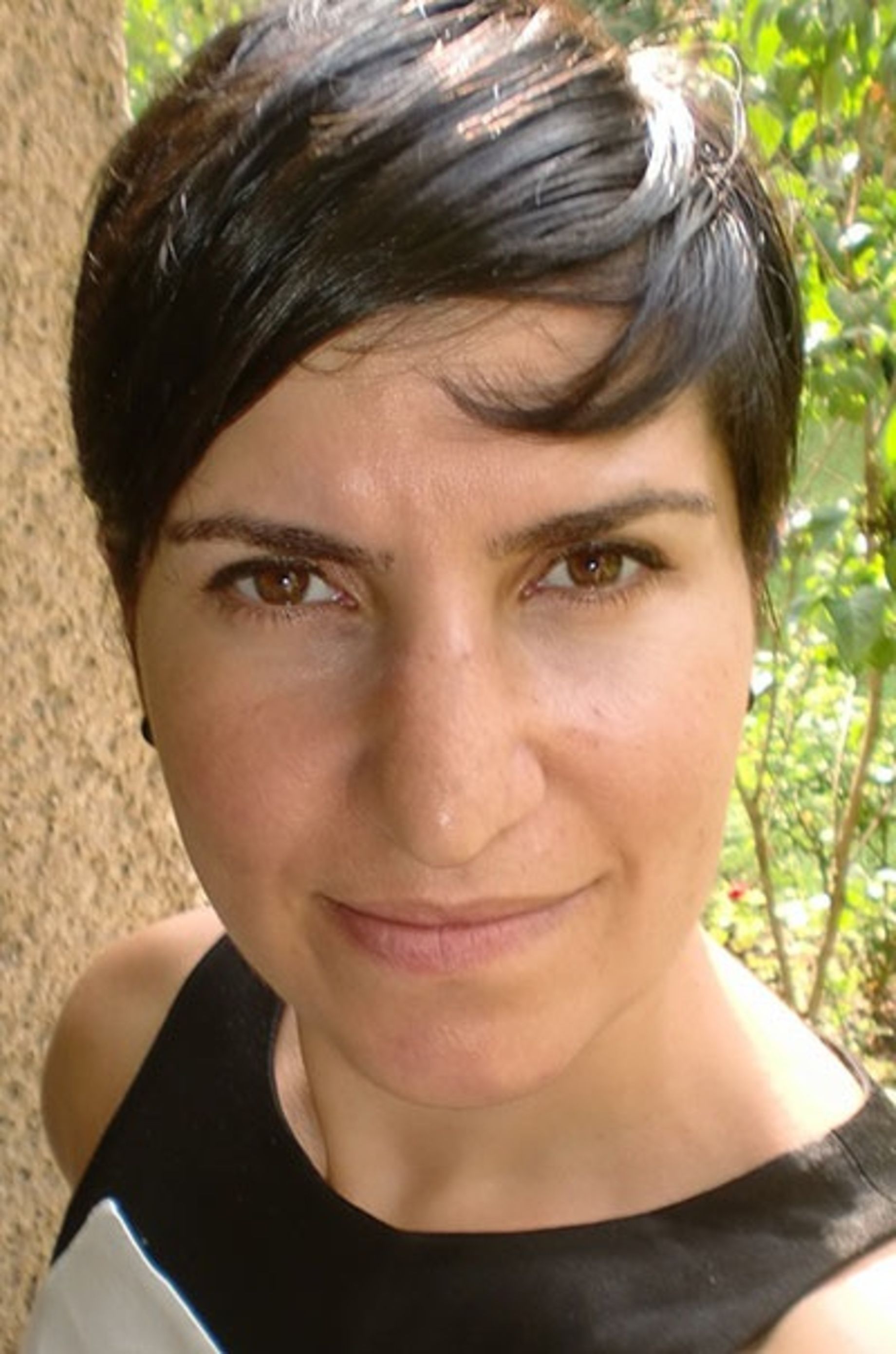The Turkish-German Left and Brechtian Aesthetics in Cold War Berlin
As a EUME Fellow she will continue working on her book manuscript The Turkish-German Left and Brechtian Aesthetics in Cold War Berlin which will represent the first book-length study of Bertolt Brecht’s significance as an aesthetic influence and political interlocutor for Turkish-German literature and music. Her work examines how Turkish-German writers and musicians in Cold War Berlin drew upon Brecht’s theories of realism, epic theatre, and music, along with his dramaturgical practices, contributing to and transforming established German cultural practices of labor protest, realist representation, and workers’ song. Through careful consideration of texts by Aras Ören (1939-), Emine Sevgi Özdamar (1946-), and Tahsin Incirci (1938-), the book illustrates how Turkish-German musicians and writers constituted a transnationally affiliated, politically engaged aesthetic by citing and reimagining Brecht’s plays, poems, and songs in response to the political and cultural events that transformed both German and Turkish society during the 1960s and 1970s. Considering both text and context, The Turkish German Left reconstructs Brecht’s centrality to the Turkish-German cultural interchange in Cold War Berlin. At the same time, it demonstrates just how important Brecht's influence was for the literary, musical, and theoretical innovations that took place in Turkey during this same period.


